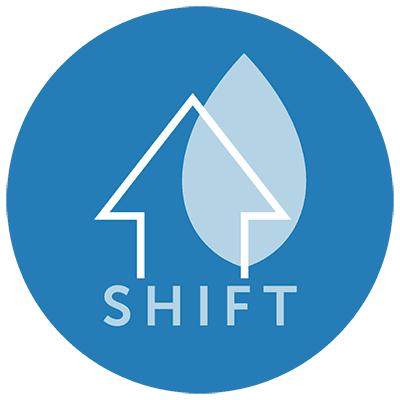
It’s that time of year that we’ve all been waiting for… SHIFT’s annual consultation on our updates for next year’s environmental reporting and audit process.
We continuously monitor national policy, strategy and legislative changes related to sustainability and the built environment, as well as regularly engaging with feedback, roundtables and our on-going relationships with SHIFT social landlords.
This year we have identified a small number of changes required to capture the detail of environmental performance in some key areas. As ever, we carefully analyse the impact of these changes on the SHIFT scoring and all of our landlords can rest assured that, provided your environmental performance remains the same, you will gain the same SHIFT ranking.
The following proposed updates have been sent out to all of our social housing clients. If you haven’t received the email and would like to comment, then you can do so by contacting [email protected] before Tuesday 17th January.
- Climate resilience
In addition to reporting on stock that is at risk, we will assess the extent to which homes are resilient to flooding and overheating. See our blog on Developing a climate resilience standard for social landlords for more information.
- Embodied carbon
As interest continues in measuring and managing embodied carbon in the construction of new homes and the maintenance/refurbishment materials used in existing homes, we will start to specifically record and report on this issue. This breakdown will not have an additional influence on your SHIFT 2023 score, and we have also now developed standard defaults which can be applied if you are unable to collate all the information as yet. Our blog Construction firms must report Scope 3 emissions has more detail on value chain carbon reporting.
- Biodiversity
We will continue with our current metric of above ground biomass as an indicator of biodiversity for this update. However, we will be minded to update this as experience of Biodiversity 3.1 and the potential interface/application to existing homes develops. See also our blog Mandatory Biodiversity Reporting Regulations – Biodiversity 3.0 on this methodology.
- Placemaking
We recognise the growing relevance and importance to the social housing sector of placemaking and we will develop science-based placemaking metrics for this purpose. Would this be of value for your organisation?
Additional updates for 2023
- Over the course of 2022 we have introduced a number of bespoke new templates to improve the audit trail and simplify the process of gathering data. These have improved accuracy and enabled greater insight into environmental performance. Therefore we will transition to replacing all of our current SHIFT tools with templates for collecting primary data, streamlining the process and standardising the resulting calculations for audit purposes.
- We will update all of the Defra conversion factors to the latest available.
- We will review our sustainable transport reporting, especially establishing what ‘good’ looks like in terms of EV infrastructure provision by social landlords.
If you aren’t yet working with SHIFT and would like a complete environmental assessment (carbon, water, climate resilience, biodiversity) of all your buildings and operations then please get in touch.
Image by Towfiqu Barbhuiya on Unsplash
